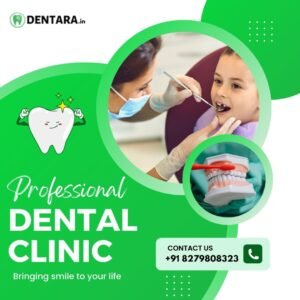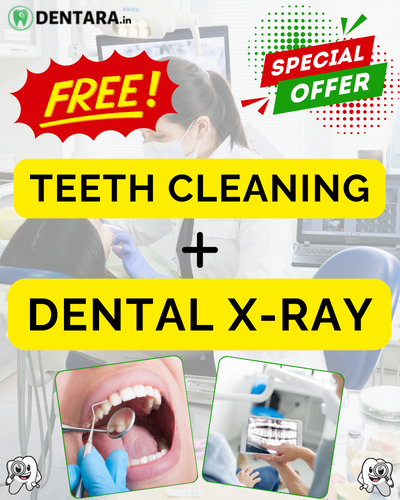Introduction
Tooth decay is a prevalent dental issue that arises when the outer layers of your teeth are dissolved by acids in your mouth. It’s crucial to recognize the signs of tooth decay early to prevent further damage and complications. In this article, we will explore the top signs of tooth decay that you should be aware of to maintain good dental health.
Visible Signs of Tooth Decay
One of the most apparent signs of tooth decay is the presence of discoloration or spots on your teeth. These may appear as white, brown, or black spots on the surface of the teeth. Additionally, visible holes or pits in the teeth can indicate advanced decay. Sensitivity to hot, cold, or sweet foods is also a common symptom of tooth decay.
Pain and Discomfort
Persistent toothache or pain in the affected tooth is another sign of tooth decay. You may experience pain when biting or chewing, indicating that the decay has reached the inner layers of the tooth where the nerves are located.
Bad Breath
Bad breath, also known as halitosis, can be a sign of tooth decay. Despite practicing good oral hygiene, persistent bad breath may indicate the presence of decay-causing bacteria in your mouth.
Swelling and Inflammation
Swollen or inflamed gums, along with the presence of pus around the tooth or gums, may indicate an infection caused by tooth decay. It’s essential to seek dental care promptly if you notice these symptoms.
Changes in Tooth Sensation
Changes in the sensation of the affected tooth, such as feeling roughness or unevenness, can be a sign of decay. You may also notice a change in the way your tooth feels when you run your tongue over it.
Tooth Sensitivity
Increased sensitivity to temperature changes, such as hot or cold foods, can indicate tooth decay. You may also experience sensitivity to pressure when biting or chewing.
Loose Teeth
As tooth decay progresses, you may notice that your teeth feel loose or start shifting position. This can make it difficult to bite or chew properly and may indicate severe decay or gum disease.
Complications
Untreated cavities can lead to various complications, including gum disease, abscess formation, and ultimately, tooth loss. It’s essential to address decay early to prevent these issues.

Prevention and Treatment
Preventing cavities involves practicing good oral hygiene, including brushing your teeth twice daily, flossing daily, and using fluoride toothpaste. Regular dental check-ups are also crucial for early detection and treatment of decay. Preventing cavities is not only about brushing and flossing; it also involves adopting a holistic approach to dental care. Alongside maintaining proper oral hygiene practices, individuals should consider the role of diet, lifestyle, and professional dental care in preventing and treating cavities.
Diet and Nutrition
Your diet plays a significant role in your dental health. Consuming foods high in sugars and carbohydrates can contribute to tooth decay by fueling bacteria in the mouth to produce acids that attack tooth enamel. On the other hand, incorporating foods rich in calcium, phosphorus, and vitamin D can help strengthen tooth enamel and promote remineralization, which is the process of repairing early-stage decay. Encourage a diet rich in fruits, vegetables, dairy products, lean proteins, and whole grains to support overall dental health.
Professional Dental Care
Regular dental check-ups are essential for maintaining good oral health and preventing cavities. During these visits, your dentist can assess your oral hygiene practices, perform professional cleanings to remove plaque and tartar buildup and identify any signs of decay or other dental issues early on. Additionally, your dentist may recommend preventive treatments such as fluoride varnish or dental sealants to protect your teeth from decay further. Professional dental cleanings are essential for removing plaque and tartar buildup that can contribute to tooth decay. It’s vital to seek prompt treatment for any dental issues to prevent them from worsening.
Healthy Habits for Dental Health
In addition to regular dental care, maintaining a healthy diet is essential for preventing cavities. Avoiding sugary foods and drinks can help reduce the risk of cavities and promote overall dental health.
Conclusion
In conclusion, recognizing the signs of cavities early is crucial for maintaining good dental health. By being aware of these signs and practicing good oral hygiene habits, you can prevent tooth decay and preserve your smile for years to come.

